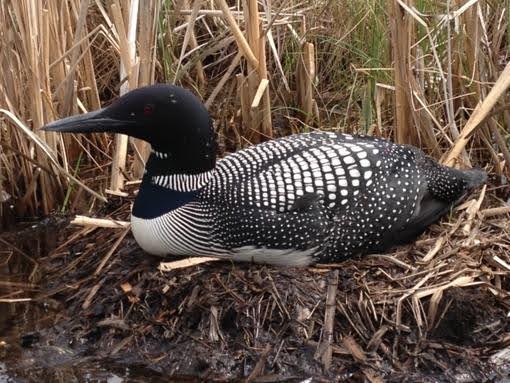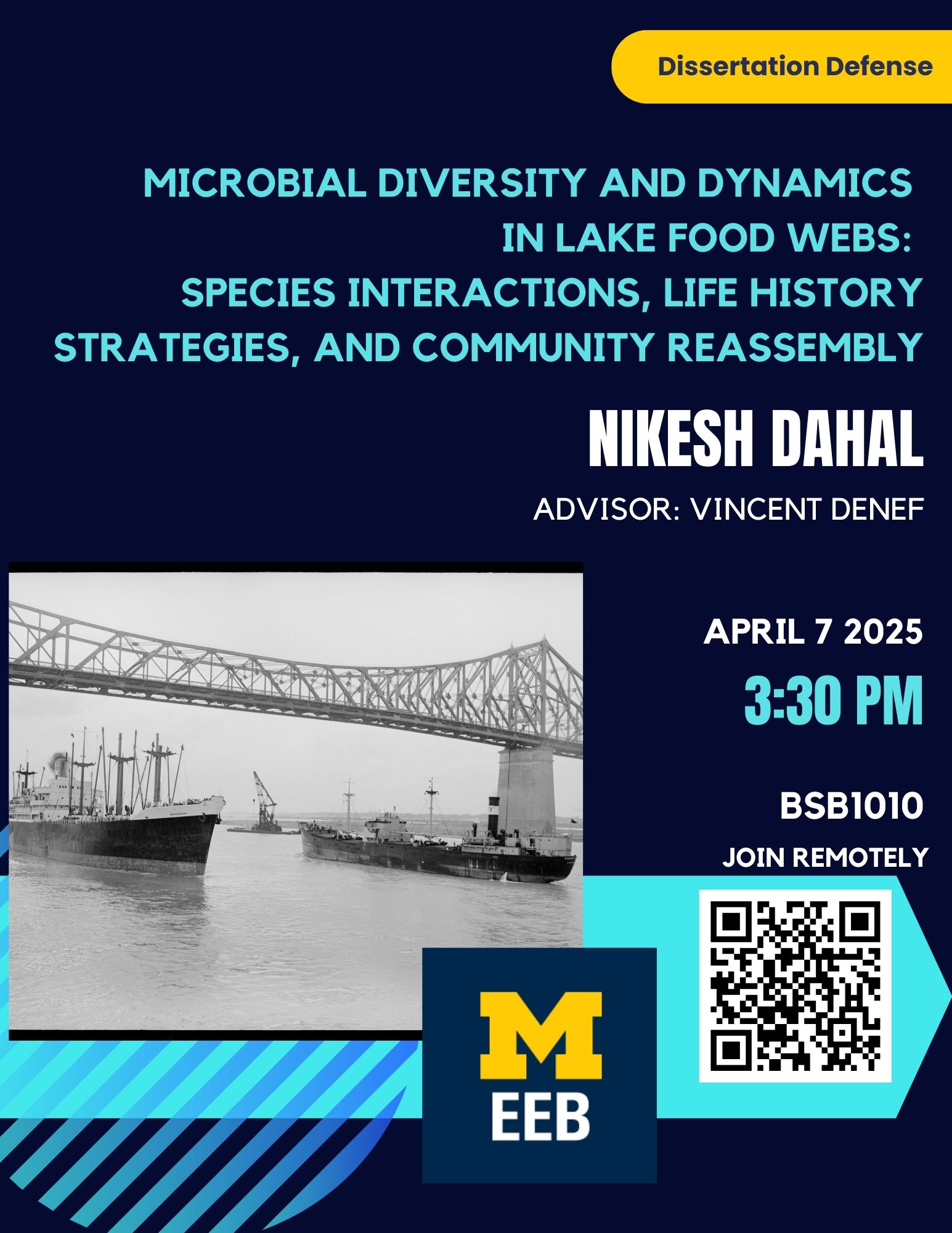Presented By: Ecology and Evolutionary Biology
EEB Student Dissertation Defense - How fish and fisher behavior affect production in small-scale reef fisheries
Katrina Sky Munsterman

Title: How fish and fisher behavior affect production in small-scale reef fisheries
Summary: Reef fisheries, which provide food and livelihoods for over one billion people, are in decline due to growing population demands and climate-driven habitat loss. As the challenges facing these social-ecological systems intensify, it is critical to understand the relationships between fishing communities and reef ecosystems. My dissertation draws on ecological and social science theory, quantitative modeling, field experiments, and ethnographic research to provide an insight into the role of fish and fishers’ behavior in shaping small-scale reef fisheries. In my first study, I documented behavioral responses of fishers in The Bahamas to a Category 5 hurricane and the COVID-19 pandemic, highlighting key factors that influence resilience in the face of external shocks. In two subsequent studies, I investigated the use of artificial reefs to augment fisheries production in the Caribbean. I used an individual-based model to demonstrate how fish behavior and size structure alter production dynamics on artificial reefs. Next, I combined a decade of timeseries data on artificial reefs, empirical data on fish population dynamics, and production models to provide mechanistic evidence that artificial reefs enhance fisheries production. Together, my research provides scientific insight into community resilience and fisheries management strategies that can be used to help support small-scale fisheries and the communities who depend on them.
Summary: Reef fisheries, which provide food and livelihoods for over one billion people, are in decline due to growing population demands and climate-driven habitat loss. As the challenges facing these social-ecological systems intensify, it is critical to understand the relationships between fishing communities and reef ecosystems. My dissertation draws on ecological and social science theory, quantitative modeling, field experiments, and ethnographic research to provide an insight into the role of fish and fishers’ behavior in shaping small-scale reef fisheries. In my first study, I documented behavioral responses of fishers in The Bahamas to a Category 5 hurricane and the COVID-19 pandemic, highlighting key factors that influence resilience in the face of external shocks. In two subsequent studies, I investigated the use of artificial reefs to augment fisheries production in the Caribbean. I used an individual-based model to demonstrate how fish behavior and size structure alter production dynamics on artificial reefs. Next, I combined a decade of timeseries data on artificial reefs, empirical data on fish population dynamics, and production models to provide mechanistic evidence that artificial reefs enhance fisheries production. Together, my research provides scientific insight into community resilience and fisheries management strategies that can be used to help support small-scale fisheries and the communities who depend on them.



